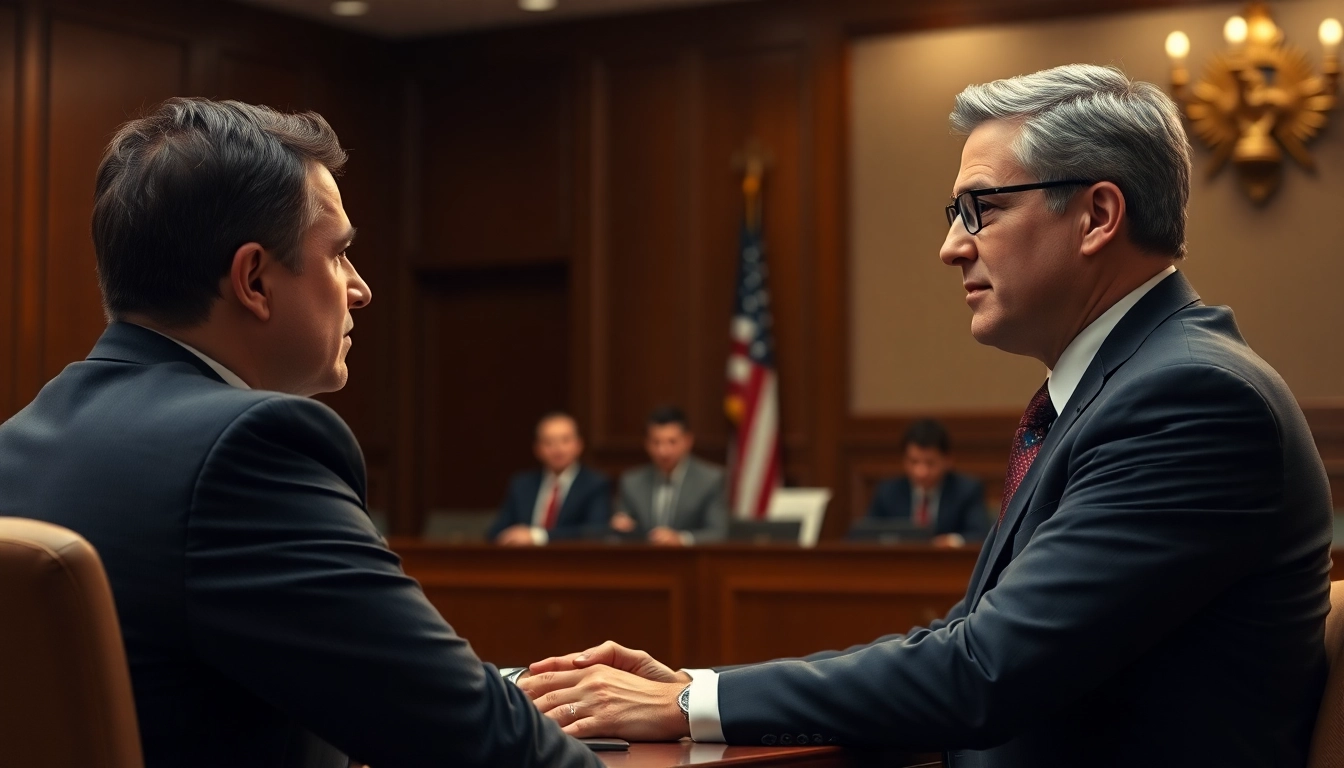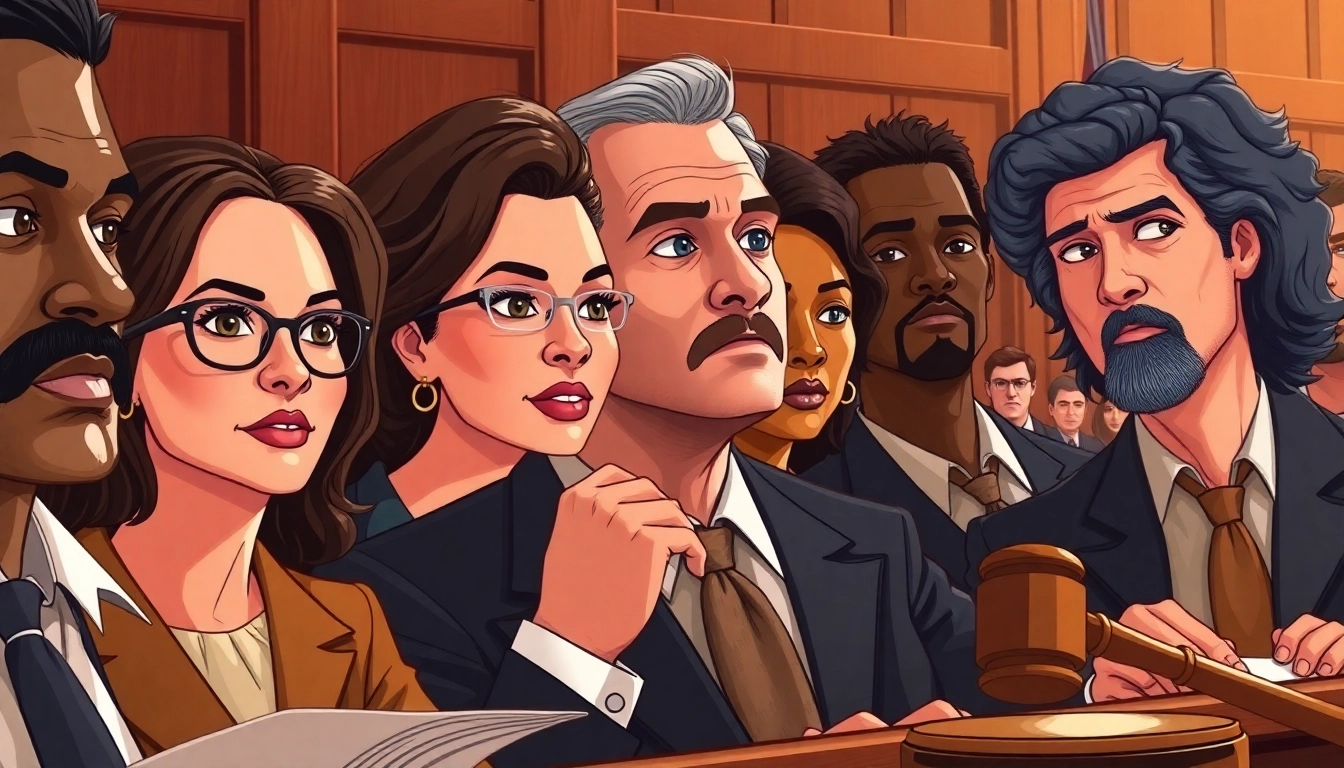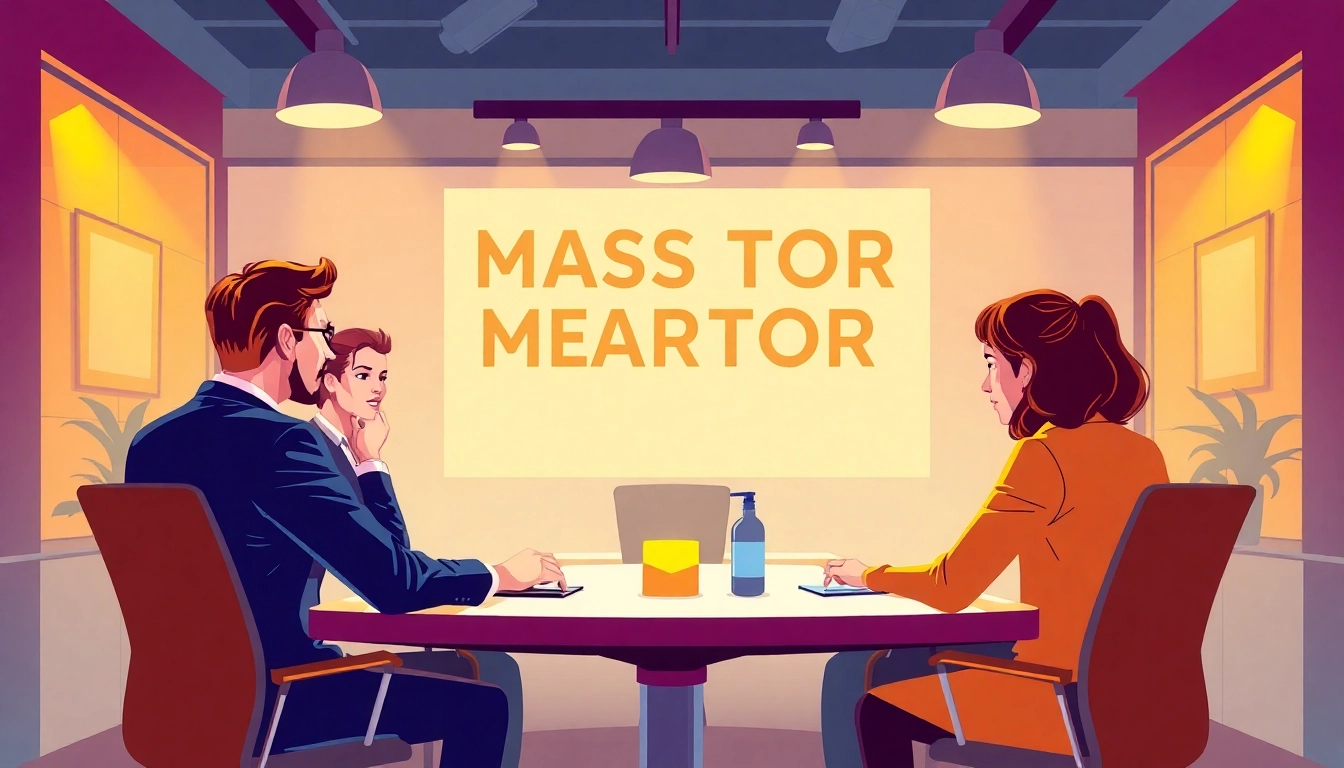Understanding Florida Car Accident Laws
Overview of Car Accident Legislation
Florida has unique regulations surrounding car accidents, significantly influenced by its status as a no-fault insurance state. This means that in the aftermath of a car accident, drivers must first rely on their own insurance to cover expenses, regardless of who was at fault. This system is designed to streamline the claims process and ensure that victims receive prompt medical attention and financial resources. However, navigating these laws can be challenging, particularly for those unfamiliar with the legal landscape. Understanding the nuances of Florida’s car accident laws is essential for anyone involved in a collision, making the guidance of Florida car accident attorneys invaluable.
Key Factors Influencing Liability
Liability in Florida car accidents often hinges on several crucial factors:
- Negligence: Determining whether a driver acted negligently is critical. Elements such as distracted driving, speeding, failure to yield, or driving under the influence significantly contribute to establishing fault.
- Comparative Negligence: Florida adheres to a comparative negligence rule, which means if both parties share fault, damages may be reduced proportionally based on their percentage of fault. For instance, if a driver is deemed 20% at fault, their potential compensation may be reduced by that 20%.
- Evidence: The collection and presentation of evidence, including photos, witness statements, and police reports, is vital in establishing liability. This is where experienced attorneys can prove beneficial, leveraging their knowledge to gather more persuasive evidence.
Common Types of Accident Cases in Florida
Florida faces various types of car accidents, each with its unique legal implications:
- Rear-End Collisions: These are among the most common accidents in Florida, usually resulting from tailgating or distracted driving.
- Intersection Accidents: Collisions occurring at intersections often involve failure to yield or running red lights, complicating liability determinations.
- Hit and Run Accidents: Florida law takes hit and run accidents seriously, with severe penalties for fleeing the scene.
- Drunk Driving Accidents: These cases often involve criminal charges against the at-fault driver, and victims may pursue additional compensation for punitive damages.
Choosing the Right Florida Car Accident Attorney
Criteria for Selection
Selecting the right attorney is paramount for successful representation. Here are critical criteria to consider:
- Experience: Look for attorneys with a proven track record in handling car accident cases, particularly those familiar with Florida’s no-fault system.
- Client Reviews: Research online reviews and testimonials. Positive feedback from past clients is often a good indicator of effective representation.
- Communication Skills: A good attorney should explain legal concepts clearly and keep you informed throughout the process.
- Fee Structure: Understand their compensation model, typically a contingency fee, meaning they only get paid if you win your case.
Questions to Ask During Consultations
Before hiring an attorney, consider asking these critical questions during your initial consultation:
- What is your experience with cases similar to mine?
- How will you approach my case?
- What is the expected timeline for my case?
- Can you provide references from previous clients?
- What fees will I be responsible for, and when are they due?
Importance of Local Expertise
Choosing an attorney with local expertise can significantly impact the outcome of your case. They will have a deeper understanding of local laws, court procedures, and the tendencies of local judges and insurance companies. Additionally, a local attorney may have established relationships that could benefit your case, as they understand the intricacies of the community and the prevailing legal landscape. This familiarity can be critical in formulating successful strategies for your case.
Steps to Take After a Car Accident
Immediate Actions to Ensure Safety
Immediate actions following an accident are crucial for safety and legal reasons:
- Check for Injuries: Prioritize your safety and the safety of others involved. Call 911 if anyone requires medical assistance.
- Move to Safety: If possible and safe to do so, move vehicles out of traffic to prevent further accidents.
- Call the Authorities: Reporting the accident to law enforcement is essential, as they will document the event and create an official report, which can be valuable for your case.
Collecting Evidence at the Scene
Gathering evidence is vital in establishing liability:
- Take Photos: Capture images of the accident scene, vehicle damages, license plates, road conditions, and any visible injuries.
- Exchange Information: Collect contact and insurance information from all parties involved, including witnesses, as their testimony might be crucial later.
- Document Conditions: Make notes about the weather, time of day, and any other situational factors that could have played a role in the accident.
Documenting Your Injuries and Expenses
Carefully documenting your injuries and related expenses will strengthen your case significantly:
- Medical Records: Keep copies of all medical documents, treatment plans, and receipts. This documentation is vital when filing for compensation.
- Track Damages: Document any damage to property and ongoing expenses, such as repairs or rental vehicles incurred due to the accident.
- Keep a Journal: Maintaining a daily journal to document your recovery process can serve as powerful evidence in your case.
Navigating Insurance Claims in Florida
Understanding No-Fault Insurance
Florida’s no-fault insurance system means drivers must carry Personal Injury Protection (PIP) coverage, which pays for medical expenses and lost wages regardless of fault:
- Minimum Coverage: Florida requires a minimum PIP coverage of $10,000, which may not be sufficient for severe injuries. Consider additional coverage for better protection.
- Non-Economic Damages: To pursue non-economic damages (pain and suffering), you must prove that your injuries are severe, which typically requires meeting specific medical criteria.
Filing a Claim with Your Insurance Company
Following the car accident, you must navigate the claims process with your insurance provider:
- Notify Your Insurer: Promptly report the accident to your insurance company, providing all necessary details, including the police report and medical records.
- Review Your Policy: Understand the specifics of your insurance policy, including coverage limits, exclusions, and your obligations after an accident.
Common Pitfalls and How to Avoid Them
When navigating insurance claims in Florida, avoiding common pitfalls can enhance your odds of a successful outcome:
- Delay in Reporting: Failing to report the accident promptly can lead to complications or denial of your claim, so act quickly.
- Inaccurate Information: Providing misleading or incorrect information during the claims process can jeopardize your claim, so ensure that all shared details are accurate.
- Underestimating Injuries: Accepting a settlement offer too quickly without fully understanding the extent of your injuries can be detrimental. Always consult with an attorney before accepting any offers.
The Importance of Legal Representation
How Attorneys Enhance Your Claim’s Value
Engaging a skilled attorney often leads to higher settlement amounts because:
- Expertise in the Law: Attorneys possess deep knowledge of Florida’s laws, which can lead to more strategically advantageous decisions throughout your case.
- Assessment of Damages: They can accurately assess the full extent of your damages, including medical expenses, pain, suffering, and long-term impacts, ensuring you’re compensated fairly.
- Filing Legal Documents: Attorneys can handle all necessary paperwork and legal documentation, reducing the burden on you.
Negotiation Tactics for Settlement Offers
Effective negotiation is key to securing fair compensation:
- Do Your Homework: Attorneys typically conduct thorough research, employing expert testimonies or accident reconstruction specialists when necessary to strengthen your position.
- Setting Expectations: An experienced attorney will ensure you understand your case’s worth and manage expectations regarding settlement possibilities.
- Negotiation Skills: Attorneys are adept negotiators, often able to convince insurers to offer more through calculated strategies.
When to Take Your Case to Court
While most cases settle outside of court, certain circumstances warrant litigation:
- Insufficient Settlement Offers: If insurance companies present offers that fail to cover your damages adequately, litigation may be necessary.
- Disagreement on Liability: When there’s a significant disagreement regarding who is at fault, a court trial may be the next step.
- Precedent for Future Cases: In specific situations, taking a case to trial can set a precedent that aids future victims, making it an important consideration.



